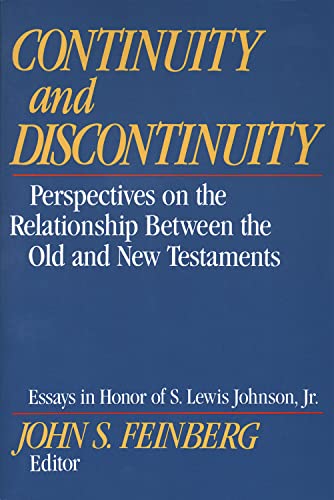Dietrich Bonhoeffer: Witness to Jesus Christ
Written by John de Gruchy Reviewed By Stephen N. WilliamsModern theology has become increasingly self-conscious. Contemporary theologians write books on contemporary theologians. But the concern extends to earlier twentieth-century Fathers and with de Gruchy’s work the Bonhoeffer industry continues to expand. Given such intellectual self-consciousness and literary expansion, one is entitled to demand that with every publication modern theology proves its worth. This publication surely succeeds. It skilfully focuses our attention on a thinker of distinctive force and fecundity who invested with unswerving integrity the word used to describe him in the subtitle: witness to Jesus Christ.
This is a collection of texts from Bonhoeffer in a series of nineteenth- and twentieth-century theological texts. Such collections are prone to lead an ambivalent existence. On the one hand, those seriously interested in an author want to read his works in full, not in extract. On the other, those who wish to skim the author are tempted to equate mastery of a selection with the mastery of thought. However, this selection contains some essays or addresses in full as well as extracts. And addicts of theological fast food will only show, if they are satisfied, that they have not properly digested what there is. But the main strength of the work is that by chronological arrangement of texts and selection within those texts it presents the case for trying to see Bonhoeffer’s thought as a whole. All commentators agree that Bonhoeffer developed and changed, but the extent of continuity is debatable. In his introductory essay to the literature, the editor opts for a more ‘continuist’ approach and in a measure the selection itself confirms this view.
There are five sections: Theological Foundations; Christology and Reality; Confessing Christ Concretely; The Life of Free Responsibility; Christ in a World Come of Age. The first contains the early exploratory work in dogmatic and philosophical theology; the second leads us to where Bonhoeffer’s pivotal theme, Christology, comes into its own. The third section is therefore the longest. The fourth introduces us to what is surely Bonhoeffer’s greatest work, the unfinished Ethics; the fifth to what is undoubtedly his most radical, the prison writings. On the whole, de Gruchy nicely attains his goal of presenting the main threads of Bonhoeffer’s theological contribution. There are some difficulties. Without knowing much about Kant and Hegel and their impact the reader will find the early selections quite hard. The force of part of the selection from Ethics is weakened because the crashing first words of that work are not included: ‘The knowledge of good and evil seems to be the aim of all ethical reflection. The first task of Christian ethics is to invalidate this knowledge.’ (These are words which probably must open any version of the Ethics, a work which is editorially taxing because of its literary state at the time of Bonhoeffer’s death. A comparison between de Gruchy’s proposed new arrangement for Ethics and the sixth German edition, also translated into English, will make de Gruchy’s editorial comments here uncharacteristically unclear.) But selection is an invidious business and de Gruchy certainly deserves our gratitude.
And Bonhoeffer himself? These texts highlight again how deep in Scripture and Luther were Bonhoeffer’s theological roots. If his Christology comes to shape his thought most decisively, it is at its best when embedded in reflection on faith and discipleship; it is less useful when the battlefronts are incarnation and resurrection. But when Bonhoeffer puts heart and mind to grasping the life of discipleship, his deep spirituality, profound independence, dedicated seriousness, courageous acumen and original intellectual power between them make him outstanding as a theologian in our century. There is no concealing the radicalism of ‘religionless Christianity’ and ‘world come of age’ that surfaced late in his life. (De Gruchy claims the latter concept was borrowed from Kant but despite Kant’s actual words, Dilthey is surely a more promising source.) The health of that radicalism is debatable. But the health of the spirit is served by a plunge into Bonhoefferian waters. John de Gruchy has charted them for us encouragingly.
Stephen N. Williams
Stephen Williams is professor of systematic theology at Union Theological College in Belfast, Northern Ireland, and served as general editor of Themelios from 1995 to 1999.







